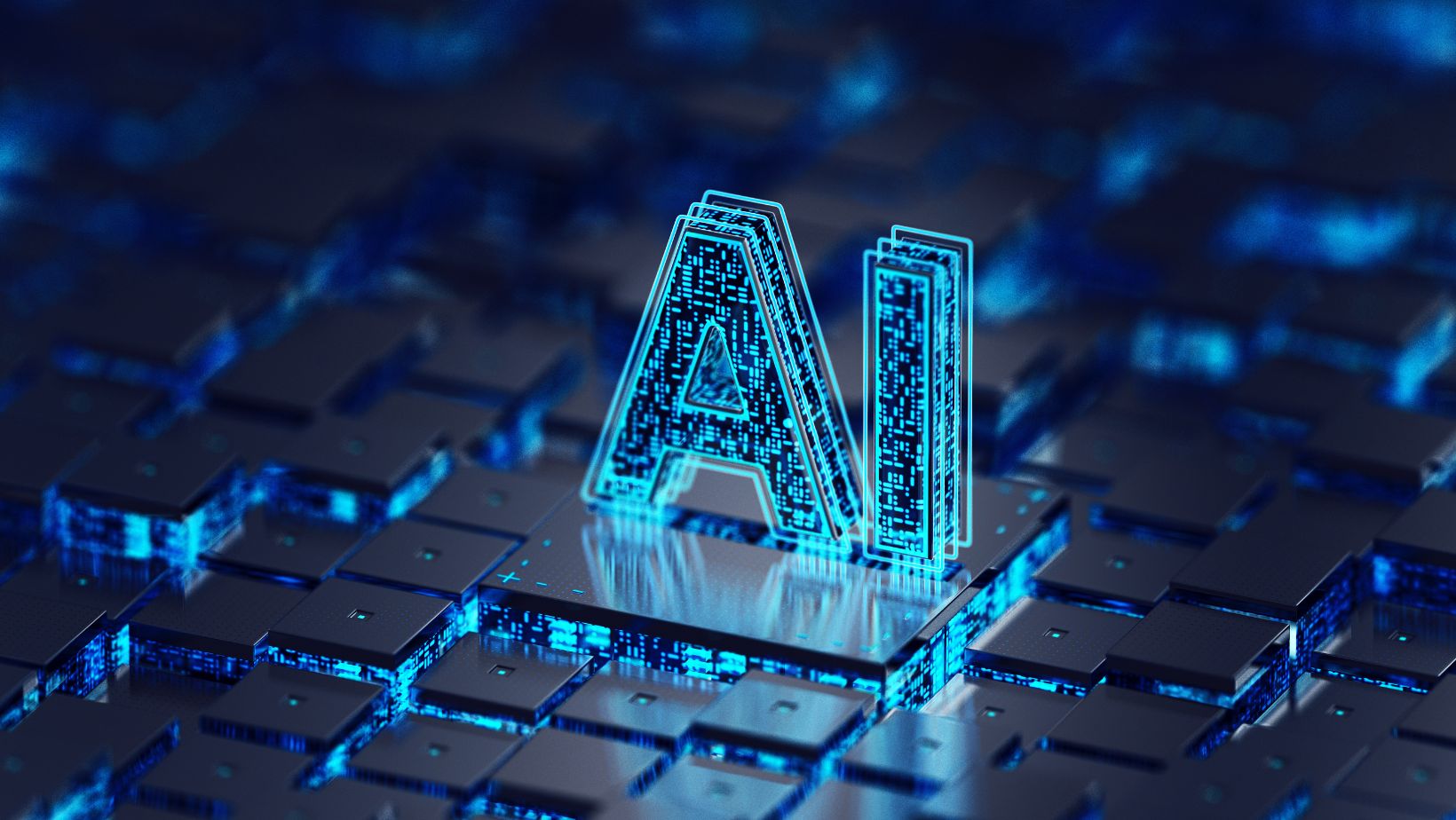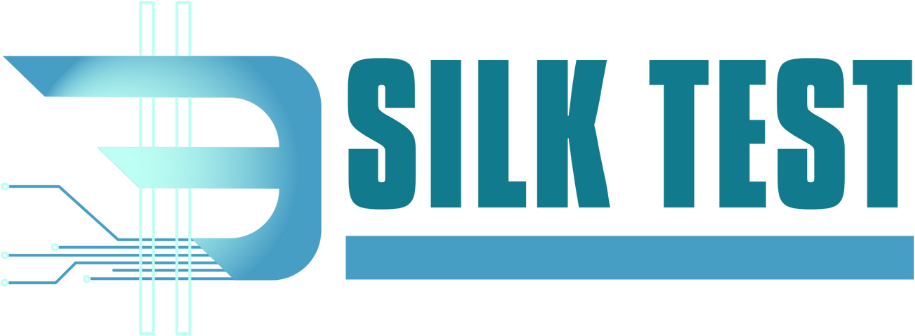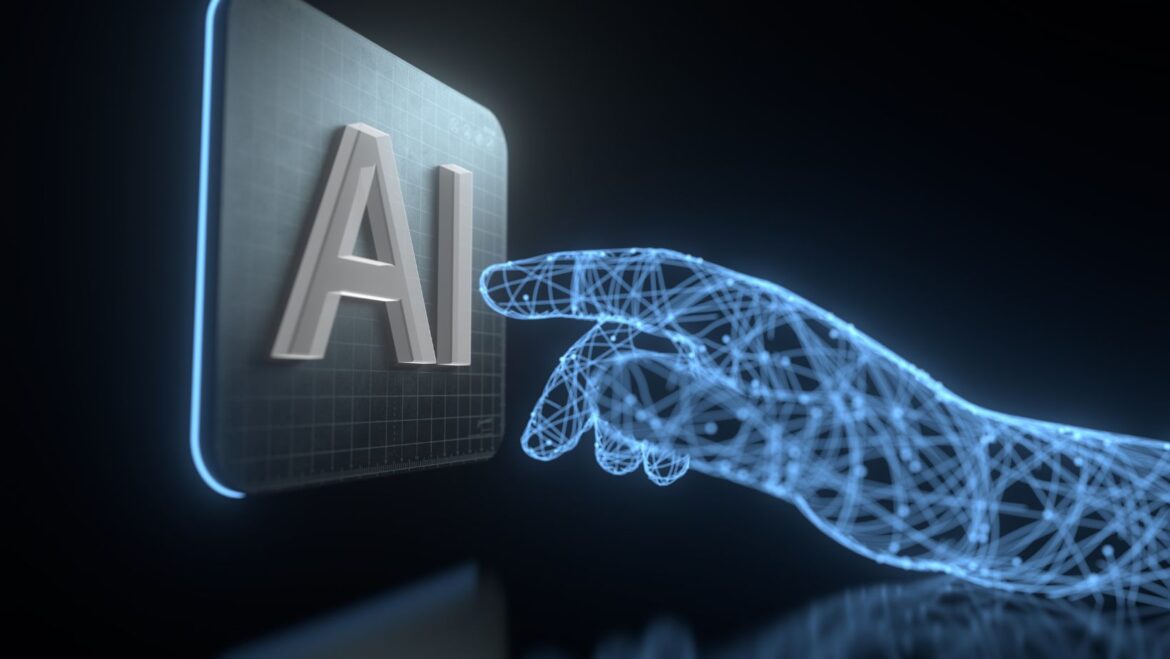What was once an AI buzzword has now become a revolution transforming all fields of business, such as healthcare, finance, entertainment, and education. Innovation occurs at such a fast rate that things that seemed futuristic a few years ago, we now encounter in everyday life. To keep pace with this change, the days of merely browsing online AI courses have become almost a prerequisite to the modern professionals, tech amateurs and even individuals interested in upskilling.
However, AI does not only imply automation or machine learning nowadays. By 2025, it will go further into innovation, decision making, and ethical governance. As a software developer, business leader, or anyone interested in learning, being aware of these developing trends can aid you in predicting future changes, exploiting a growth opportunity, and future-proofing your profession.
So, what are some of the trends of artificial intelligence that are going to transform industries in 2025?
-
Generative AI Goes Mass
Creative and even knowledge industries have already been shaken up by generative AI models such as ChatGPT, Midjourney, and Claude. By 2025 we will witness even more sophistication of these, and they will go beyond having text and images to multi-modal which will include real-time videos, audio, and interactive outputs.
Generative AI will be used by businesses in product design, personalized marketing, and even during the brainstorming of a strategy. Even though this opens up exciting possibilities, there is concern with authenticity and copyright and misuse of deepfake;s considerations of AI Ethics are more vital than ever.
Pro Tip: Become Competent: As a marketer, media specialist or designer, mastering how to work in conjunction with generative AI tools will place you above others in terms of competence.
-
Artificial Intelligence Driven Enterprise Decision-Making
It is not just that AI will crunch numbers it will assist in making board-room level decisions. Artificial intelligence-based simulating with predictive analytics will enable firms to perform the simulation of strategic steps prior to moving on.
Or you could have supply chain managers simulating what effect a geopolitical situation has on supply, or human resources leaders using AI capabilities to model their workforce requirements with respect to market trends. The speed of decision-making will increase, it will be more evidence-based, and less subjective as long as the companies manage to guarantee transparency of the AI recommendations.
Key Takeaway: The skill of making sense of and critiquing AI-driven information will also be more key skills to have in leadership in 2025.
-
Precision and Personalization in AI of Healthcare
Healthcare has always been data-rich and AI is overdue to realizing its potential. By 2025, the following are some of the issues that AI will significantly contribute to:
- Individualised treatment options regarding genetic and lifestyle information.
- The ability of predictive diagnostic in early detection of disease.
- Precision and less healing time in AI-assisted robotic surgeries.
Impressive is the democratization of AI healthcare tools. As wearable gadgets and smart diagnostics become popularized, even the smaller clinics will be equipped with AI-enabled intuition that was previously only available at large hospitals.
But at the same time, it implies that the security and privacy of patients must be put as a paramount priority, in particular, when medical AI systems start to become integrated into different parts of the world.
-
The Emerence of Edge AI
So we are no longer relying completely on cloud processing to do AI. AI that runs natively on devices as with Edge AI AI, will come front and center in 2025. It translates to quicker processing, decreasing latency, as well as an enhanced privacy.
Consider the testing automobiles driving themselves with decisions calculated in a tenth of a second without requiring a remote location to become a server, or wearable health sensors transmitting information to be analyzed in real time. In IoT (Internet of Things) devices, smart factories and AR/VR systems, edge AI will play an important role.
This shift will also demand skills that are crucial to developers in terms of optimising AI models to be resourced on smaller devices.
-
Regulated AI-Generated Content
In 2025, as AI can create entire books, news articles, and even music albums, more laws will be enforced as help the entire process be more transparent. Such terms as the use of AI-generated or AI-assisted will be used, and they will be similar to nutrition ones on food packages.
Systems will be advanced by the platforms and governments that safeguard the creators and encourage innovation. Any businesses able to wade responsibly through such ethical waters will be able to win consumer confidence.
The regulatory shift will also create the potential of positions under AI compliance specialists a sector that is poised to increase very fast.
-
Cybersecurity AI
Cyberattacks are getting smarter in line with the development of AI. In 2025, AI will represent the shield as well as the sword in the battle ground of cybersecurity. Modern cybersecurity solutions such as Security Posture Management for AI secures and governs AI systems by monitoring model development and usage to detect risks like data poisoning, model theft, and data exfiltration.

Such intelligence on the defense side will be able to track networks in real time, detect anomalies more quickly than humans and anticipate possible vulnerabilities before they happen. Regretfully, on the offense, AI will be used by cybercriminals to commit more advanced phishing, ransomware and deepfake scams.
Such game of cat and mouse will imply the necessity to keep cybersecurity professionals on the cutting edge of AI upskilling.
-
Emotion AI and Human-Centric Experiences
As usual, we associate AI with cold and logical, but we will enter the era of Emotion AI in 2025 which are systems that can read a human being based on facial expressions, the tone of voice and their patterns of behavior.
Emotion AI has the potential to be used by retailers to make shopping more personalised and by mental health apps to objectively monitor user mood and provide instant support. In education, teachers may utilise AI tools to identify lack of engagement in students and ways to resolve it.
The challenge? Personalization vs privacy. It can be very easy to move between feedback and stalking.
-
Sustainability Solutions AI-Driven
This is the issue of our era, climate change, and AI is rising up to it. In 2025, there will be AI applied towards:
- Extend energy grids to be efficient.
- Obtain predictive maintenance to cut down waste during manufacturing.
- Inform policy and model environmental change.
Green AI innovation around making AI itself more energy-efficient will also be given attention. The companies will want to minimize AI models training carbon footprints with performance.
-
Collaborative AI: Players of the Same Team
The future is not of AI being in place of humans but more of a collaboration. By 2025, collaborative AI will give complex or fastidious jobs that are tedious and require abundance of information, leaving people with creativity, strategy and emotional intelligence.
It will also be particularly useful in the hybrid workplace contexts where AI should assist in aligning schedules as well as summarizing meetings and recommending further actions on projects. It would be a hard task to develop a work culture where AI would not scare employees into losing their job.
-
Skills Gap and the Boom in AI Education
The need of qualified experts is going to increase by many folds since AI penetration in the sphere of every possible industry is difficult to overestimate. A boom of AI-related courses, certifications, and bootcamps will appear.
Whether it is the ethics of AI or on-time engineering and the design of products with the help of AI, the professional will achieve career foothold with specialization. That is why it will be essential to invest in systematic learning, practical tasks, and tutoring of everyone who wants to succeed in the era of AI.
Conclusion
The 2025 AI landscape will be more innovative, more integrated and more human integrative. Generative AI and Edge AI, emotion recognition, and sustainable solutions are the types of trends that are coming up in a variety of industries and what may be possible.
The message is made clear even to professionals, students and business people alike that the future is the future of the adaptive, curious people. The trick to keeping on top of it all is to do more than keep pace with these trends by experimenting with tools, participating in communities and upskilling.
Even missing world leaders who are doubly as committed as their predecessors, Entering a reasonable well structured Artificial Intelligence Course could be your initial baby step to a future proof career. The world of AI is, after all, the world where it is impossible to stay in the same place without falling behind.






